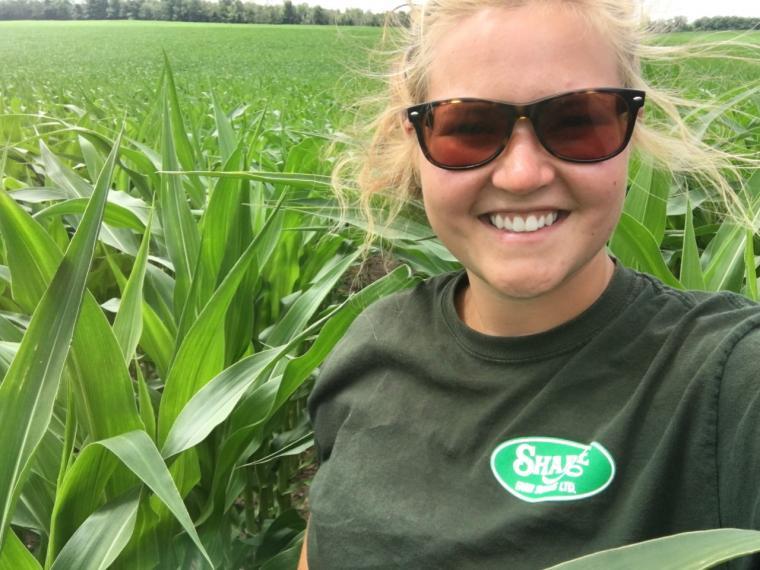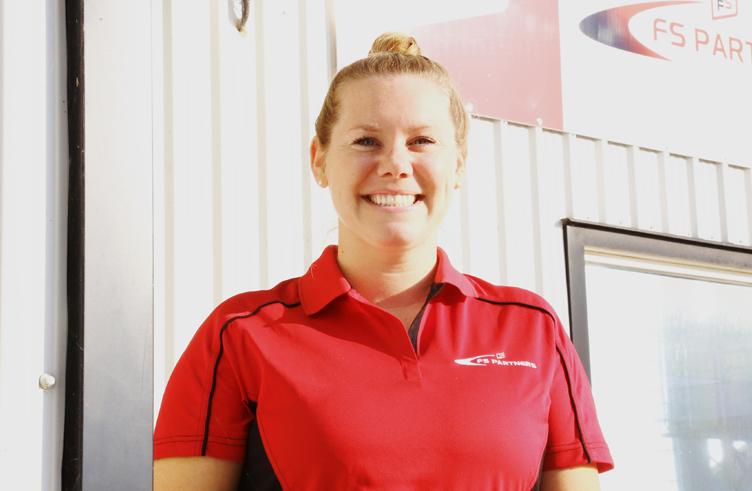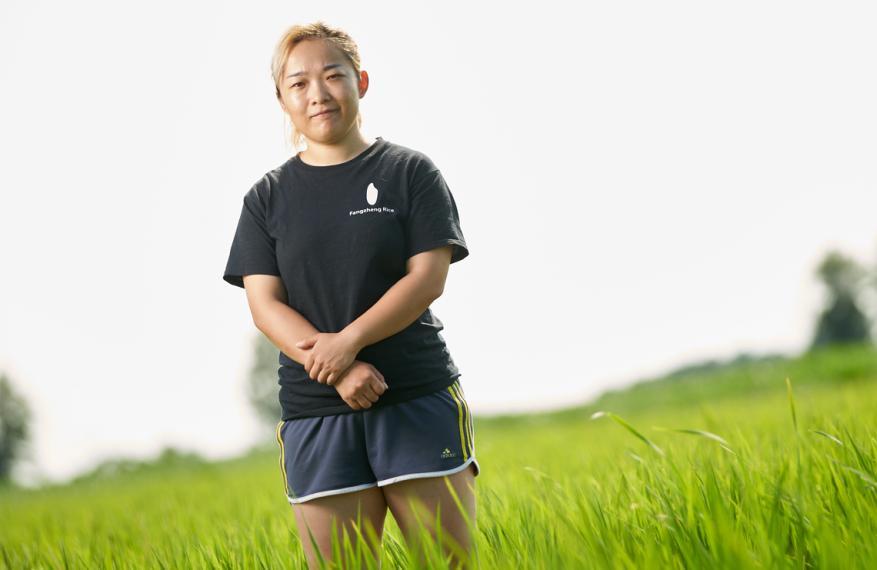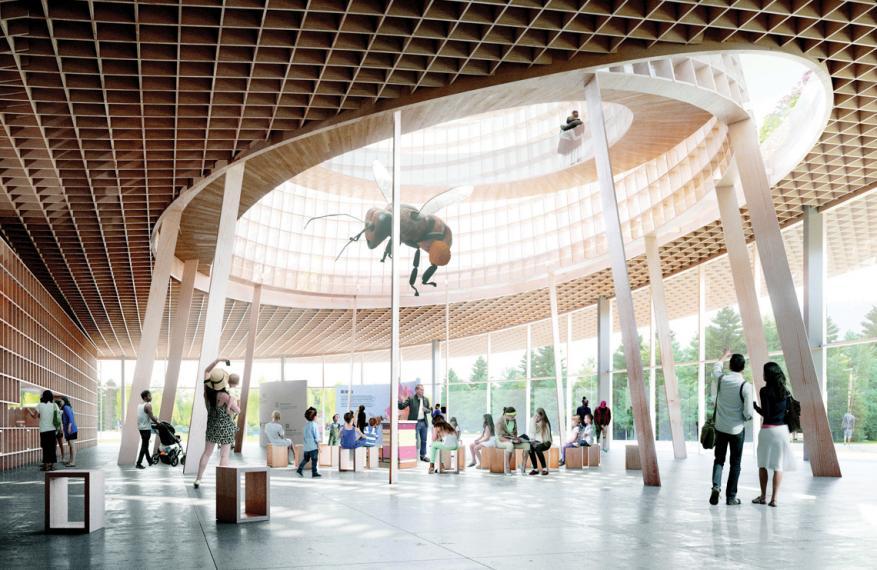
How Are You Handling Things? Q&A with Alumnus Brian Little
Brian Little (ADA ’67, B.Sc.Agr. ’72, M.Sc. ’78) retired 10 years ago from his role of National Manager, Agricultural and Agricultural Business with RBC. Brian had a 30-year career in agricultural banking and finance and an extensive volunteer resume. He’s dedicated countless hours to serve his alma mater, industry and community. We recently chatted with him on the phone to see how he is doing during these uncertain times. In his typical fashion, he also had some thoughtful advice to share.








